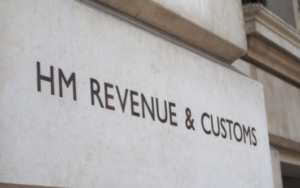
Why does a trust need to be registered?
Trust registration ensures that trustees comply with anti-money laundering regulations. HMRC requires information about the details of the trust itself, the person who settled the trust, those who administer it and also details of the beneficiaries.
Certain types of trust were previously exempt from registration but new rules mean that a number of these trusts now require registration. Furthermore, you should ensure that a lead trustee is appointed to the trust whether it is newly registered or had been registered prior to the recent requirement.
Which trusts have to be registered through the Trust Registration Service (TRS)?
All express trusts have to be registered although there are some exemptions - an express trust is a trust created deliberately by a settlor, usually in the form of a document such as a written deed or declaration of trust. The requirement for trust registration was previously limited to trusts that generate a tax liability but this rule no longer applies.
You will find full details of all trusts that will require registration, as well as those that are exempt in the Government's guide to "Who should register a trust"
How to register a trust
Lead trustees are responsible for registering a trust. If a lead trustee has not yet been appointed, then this must be done first as this person will be responsible for registration. Every trust has to be registered separately using an Organisation Government Gateway user ID and password - if you don't have these, you can create them using your name and email address when you first register.
Once you register the trust, you'll be provided with a Unique Tax-Payer Reference (UTR) for those trusts that produce a tax liability and a Unique Reference Number (URN) for those that don't.
Once you have all your trust information and you're ready to register it, simply sign in using the Government Gateway to register the details.
If you have already registered a trust but need to appoint a lead trustee or make any other changes you should use the Guidance to Manage your trust's details.
If you are unsure, you can enlist the help of an accountant, tax adviser or financial planner who will assist you to register the trust.






